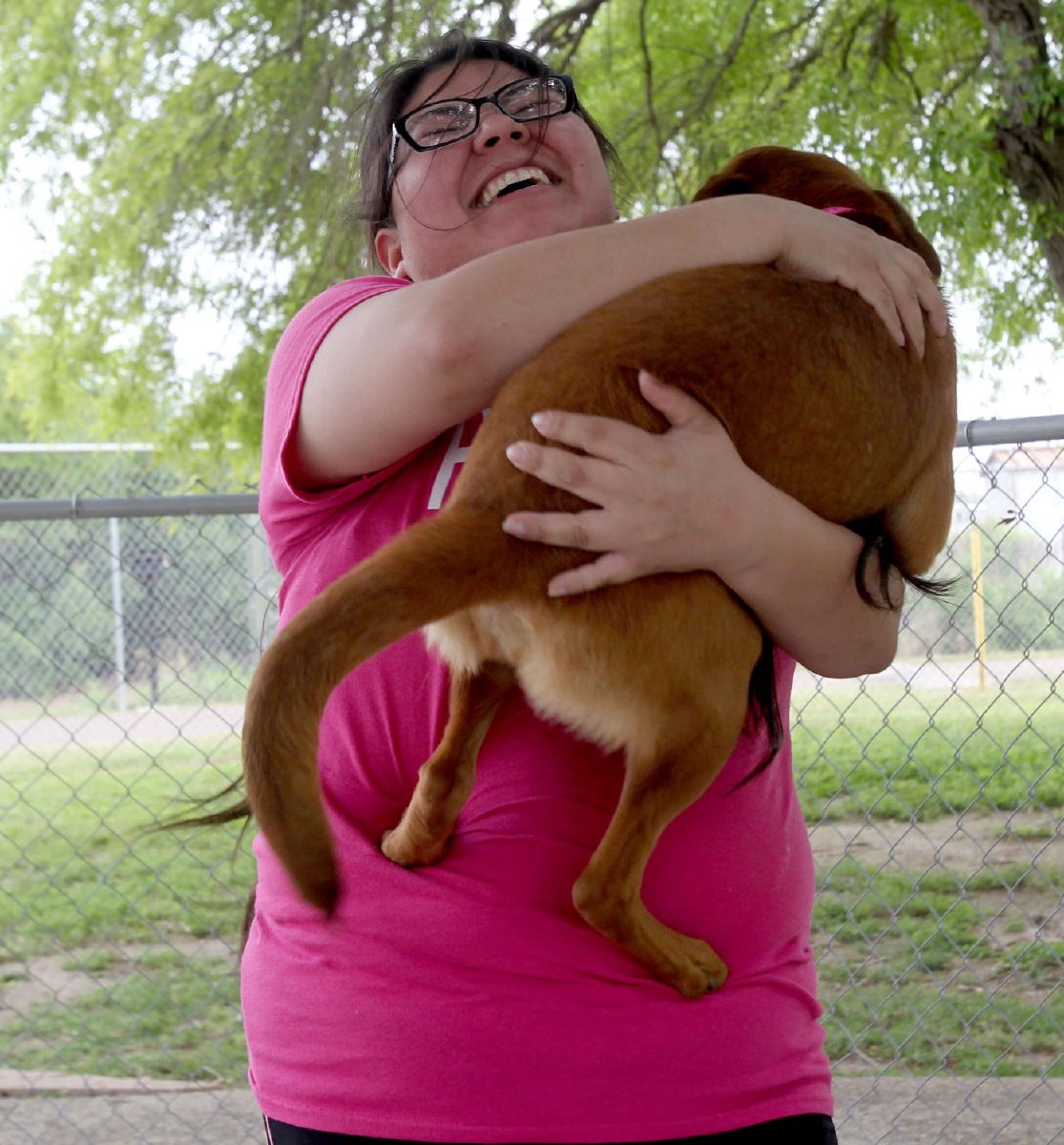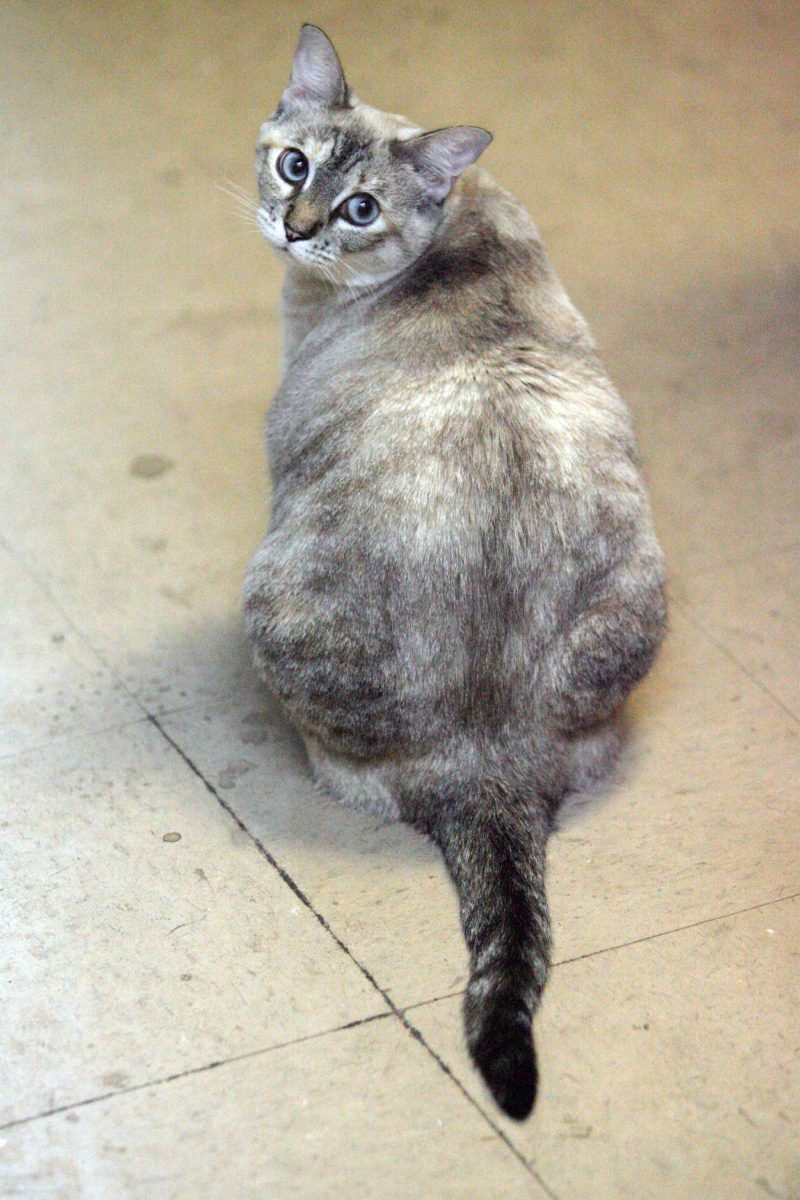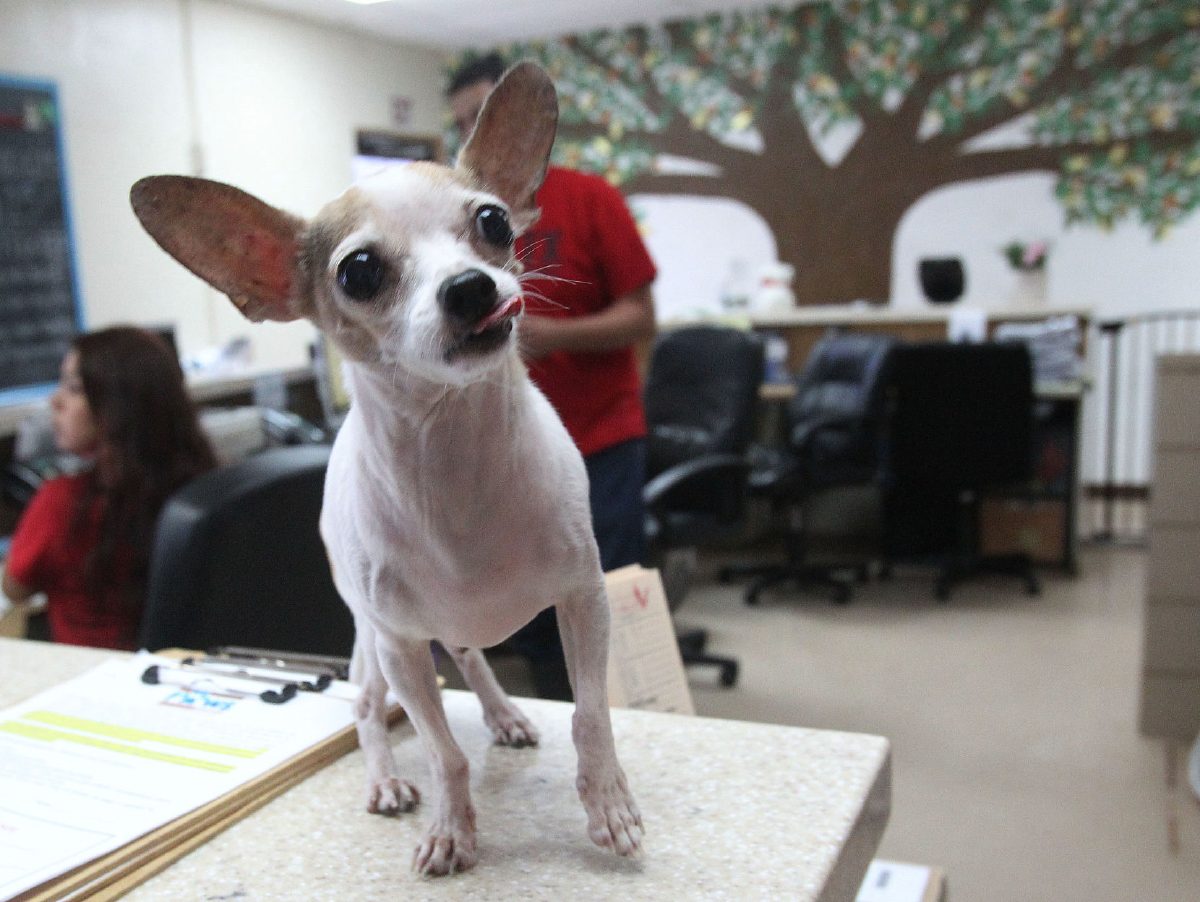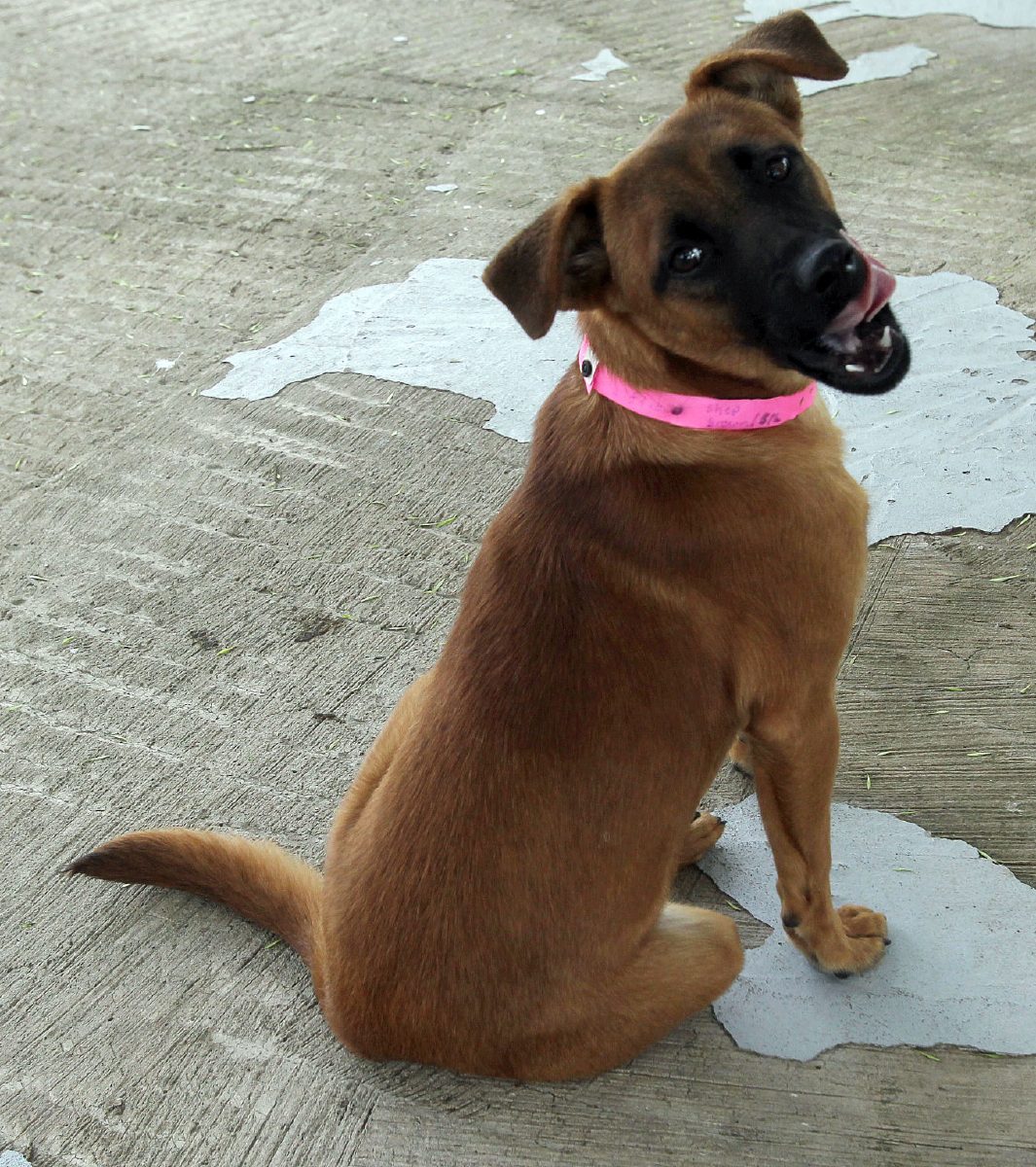EDINBURG — In late February, images surfaced of animals at Palm Valley Animal Center in troubling conditions. Widespread online criticism and threats toward shelter officials ensued.
Larger animal welfare organizations, such as Austin Pets Alive! (APA) and The Humane Society of Tulsa learned of the shelter’s negative publicity and offered help.
Last week, APA among other organizations visited PVAC, and helped them restructure their intake system. Now, animals are vaccinated before stepping foot in the shelter and are kept in cohorts based on the day they arrived.
Maddie’s Fund donated $10,000 to waive adoption fees and labor costs while PVAC cleared the shelter in order for the assessment to run smoothly. The Humane Society of Tulsa also rescued 105 animals (a day’s intake) from PVAC, which they said will continue on a monthly basis.
Ellen Jefferson, executive director of APA, wrote an open letter before visiting PVAC in which she applauded shelter for “working hard to make that change,” and not “putting their heads in the sand.”
In the same letter, Jefferson also pointed out some of PVAC’s disadvantages, which all lead back to lack of funding. In a previous interview with The Monitor, Jefferson said PVAC is funded at about one-eighth of what it should be.
“To put them in perspective, the city of Austin cares for half the animals and has a budget four times the size of PVAC,” Jefferson wrote.
The shelter is a 501(c)3 nonprofit that takes in animals from 14 municipalities in Hidalgo County, and the county itself. Shelter officials say they take in about 100 animals every day, which can easily lead to overpopulation and subsequently the spread of disease.
The money received from contracts is essentially meant to cover the cost of intake and euthanasia, Jefferson said.
“They’re paid to kill them,” she said. APA helped PVAC reassess their finances, and develop new fundraising strategies but still determined that “volunteers and fosters will have a huge role to play on this road to success.”
Rebeca Villanueva, director of development at PVAC, said their budget (roughly $2.6 million) doesn’t reflect their workload at all.
“In order for us to do better for the animals, we have to take a look at how we are funding this resource (PVAC),” she said. “Because we’re providing this resource but we’re not funded like we serve Hidalgo County. For an organization our size, who provides a service to such a large population — we’re just not funded to support that.”
In light of the negative attention, the shelter is also exploring a more transparent approach — explicitly calling on the community for help.
The shelter created a Facebook page titled “PVAC Urgent Pets,” where they post photos of animals in need of rescue, who will otherwise be euthanized to make space for more animals.
“The animals keep coming,” Villanueva said. “One of the biggest shifts for us is focusing on really putting it on the community and saying: ‘Here are all these animals; how can you help them?’”
Villanueva said the community can help by adopting, fostering or making monetary donations.
In order for the shelter to sustain its new rescue program, they need to purchase a new transport vehicle and hire a full-time driver to make daily runs to San Antonio. For that, they were given a quote of $58,000.
The shelter doesn’t currently have those funds, but they don’t plan on doing it alone.
“We want to makes sure that our community is part of that conversation and definitely that they’re part of the solution,” Villanueva said.









